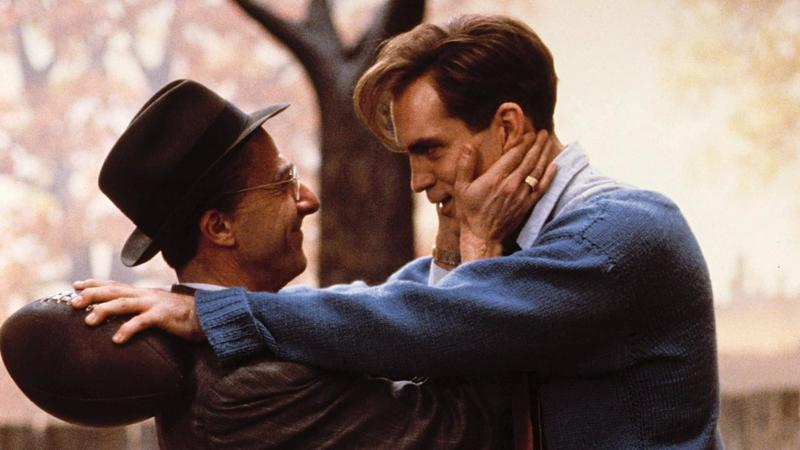Death Of A Door-To-Door Salesman
By | November 30, 2018

Arthur Miller’s 1949 play, Death of a Salesman, tells the story of Willy Loman, a traveling salesman who believes that one only needs to be well-liked to be successful. And that might have been true when door-to-door selling was at its height. During the '50s, ‘60s, and even ‘70s, stay-at-home mothers were the norm and a charming demeanor could be all that was needed to make a sale. But things changed in the ‘80s, as households began to require a second income to stay afloat. With no one home to answer the door, the practice of door-to-door selling became an exercise in futility. The rise of online shopping was the final nail in the coffin.

In 2012, Encyclopedia Britannica discontinued the production of printed books, choosing instead to offer information online only. That marked the end of 244 years of printing and selling encyclopedias. From the 1920s to the 1990s, salesmen could be seen on the streets, lugging the 128-pound-sets of encyclopedias from door to door. They were such a fixture of the time that they became a running gag in comedy, including a Monty Python sketch in 1969 in which a housewife allows a burglar to rob her as long as he promises not to try to sell her an encyclopedia (Spoiler alert: he breaks that promise). It was a successful enterprise in its day, but in the modern era, with Google and Wikipedia at our fingertips, it just doesn’t make sense to pay over $1,000 for a set of encyclopedias that will be outdated as soon as they hit the shelf.

Kirby “Home Care Systems” have been sold exclusively door-to-door since the 1920s. Authorized distributors show up on the doorstep of a potential customer, often offering a gift in exchange for the opportunity to demonstrate their product. They continue to operate in much the same manner today; however, they have gained a negative reputation due to allegations of overly aggressive sales tactics, including the coercing of senior citizens suffering from dementia. Kirby has been cited for their practices multiple times, dating back to the ‘60s and ‘70s. They were also held liable for sexual assaults committed by their “independent contractors.”


Eventually, one of the door-to-door salesmen at Fuller Brushes who had opened his own company, Stanley Home Products, realized he could be more efficient by demonstrating his products before a group of women gathered in one house. And, just like that, the homes sales party was born. In the 1940s, this offered flexible employment for women who would otherwise be unable to find work. One of these women, Brownie Wise, used the skills she learned working with Stanley Home Products to secure a position as vice president and general manager of Tupperware. By the 1960s, Tupperware was number one in home party selling, inspiring others to follow their lead.

Mary Kay Inc. was founded in 1963 by Mary Kay Ash. In 2015, it was the sixth largest network marketing company in the world. Network marketing took the idea of direct selling via door-to-door and home parties and added incentives for recruiting. The result was multi-level marketing in which recruiters earn from their own sales while also receiving a percentage of the earnings of their “downline,” which is just a fancy way of saying the people they recruited. Mary Kay is notorious for giving out pink cars to sellers who reach certain sales thresholds. This form of direct selling is still alive and well today, though distributors rarely go door to door, choosing instead to arrange parties with existing connections while also using social media to broaden their territory.

While the days of the milkman delivering milk to your doorstep have come to an end, companies like Schwan’s and Omaha Steaks are making the rounds, delivering fresh and frozen foods to your door at a prearranged time. These typically require customers to call or go online to place an order; however, some drivers may stop by from time to time just in case. Alternatively, Home Chef and Blue Apron offer meal kits, complete with the recipe for how to cook them but require a subscription rather than order-on-demand.
While door-to-door selling has not completely disappeared, it is no longer the ideal way to do business. The internet has made it possible to research products and make purchases without leaving their home or being subjected to an unwanted sales pitch. The companies that have survived are the ones that have been willing to change, incorporating online shopping into their business rather than struggling against it.
